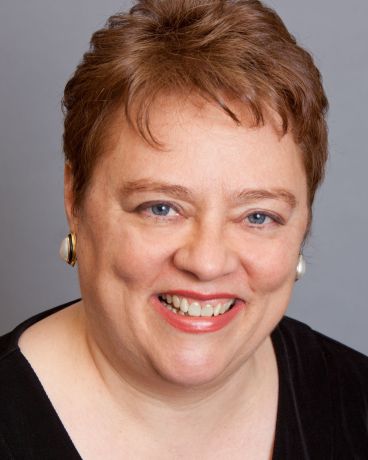I was dashing past an airport bookstore last week, when this title caught my eye:
“What the Most Successful People Do Before Breakfast,” by Laura Vanderkam.
I had just missed breakfast, myself, trying to catch a plane; but when it turned out I had missed the plane, as well, I doubled back.
I couldn’t help taking it personally. Successful people probably catch their plane.
But Ms. Van-derkam’s main point is that if you only got up a little earlier — like 5 in the morning instead of 6 — and polished off a few tasks, you’d find yourself healthier, wealthier, and wiser.
“But what about happier?” my inner self wanted to know. “What’s the book say about that?”
Don’t ask Laura that one. Instead, “Ask yourself what a great morning would look like,” she counsels. “For me, it would start with a run.” Well, there’s your problem right there, I wanted to say. No one in her book answered “Sleeping!” That’s for losers. “Successful people turn high-value tasks into morning rituals.” Losers eat breakfast.
After your marathon by the dawn’s-early-light, and a shower, you might dash off a chapter of your memoir; read stories to, do crafts with, and make pancakes for your children, who have conveniently slept while you toiled.
Then you take them to school, on the way to your own “high-value job.”
Now, I don’t know a school in the world that lets you saunter in, half-way through morning, glitter crown askew above your syrup-stained smirk — but obviously that’s just because I’m not “successful” enough.
The folks in this book are the rats, on a treadmill of their own devising — only instead of cheese at the end of it all, there’s breakfast.
Of course, Vanderkam has a point. If you put the hardest task of your day at the beginning, you might indeed feel better after that. You might even get more done. But delaying my breakfast doesn’t motivate me to do anything, except kill anyone in my way. At best, it makes me stupid.
I kept thinking of Alice’s encounter with the White Queen, in her second adventure “Through The Looking Glass.” Alice says to the Queen, ”There’s no use trying, one can’t believe impossible things.”
“I daresay you haven’t had much practice,” the Queen replies. “When I was your age, I always did it for half-an-hour a day. Why, sometimes I’ve believed as many as six impossible things be-fore breakfast.”
The Queen and Vanderkam would get on like a house on fire. But they’re both wrong. Believing things before breakfast is easy. It’s doing them that’s hard.
As for writing, I don’t see how anybody could.
I don’t know what time of day E.B. White did his writing, but if I were to try something like his children’s novel “Charlotte’s Web” before breakfast, it would go more like this:
“Oh, papa, look: the spider web says ‘Some Pig! We can’t kill him now!”
“I don’t care what it says; he’ll be even better as bacon. Now pass me that hatchet.”
What might have become of other classics, if they’d had to be written on an empty stomach?
We might have “Pride and Orange Juice,” by Jane Austen: “It is a truth universally acknowledged,” it might still have started, “that a single man in possession of a good fortune must be in want of a wife.” But it would become the shortest piece of literature in the English canon when it concludes: “But all he really wants is his dratted breakfast.”
Charles Dickens might have written of “Oliver Toast,” an orphan boy who completely forgets his manners, saying “Never mind the ‘Please, sir;’ I’ll have some more gruel, and I’ll have it now, because I have a pistol.”
Victor Hugo’s “Les Miserables” would still be miserable. But I’ll wager that Marcel Proust would have dipped that little madeleine cake into his tea and just snorfled it down, instead of going on and on for seven volumes about the memories it triggers.
Tolstoy’s Anna Karenina might well ask herself, “What am I doing, leaving my children to run away with Count Vronsky, when a perfectly good breakfast is waiting on the table at home?”
Shakespeare’s MacBeth might have asked: “Is this a dagger I see before me?”
“No, idiot, it’s a butter knife. Now would you please pass the waffles before they get cold?”
As Edgar Allen Poe might have written: “Quoth the Raven — Eat Some More!”

